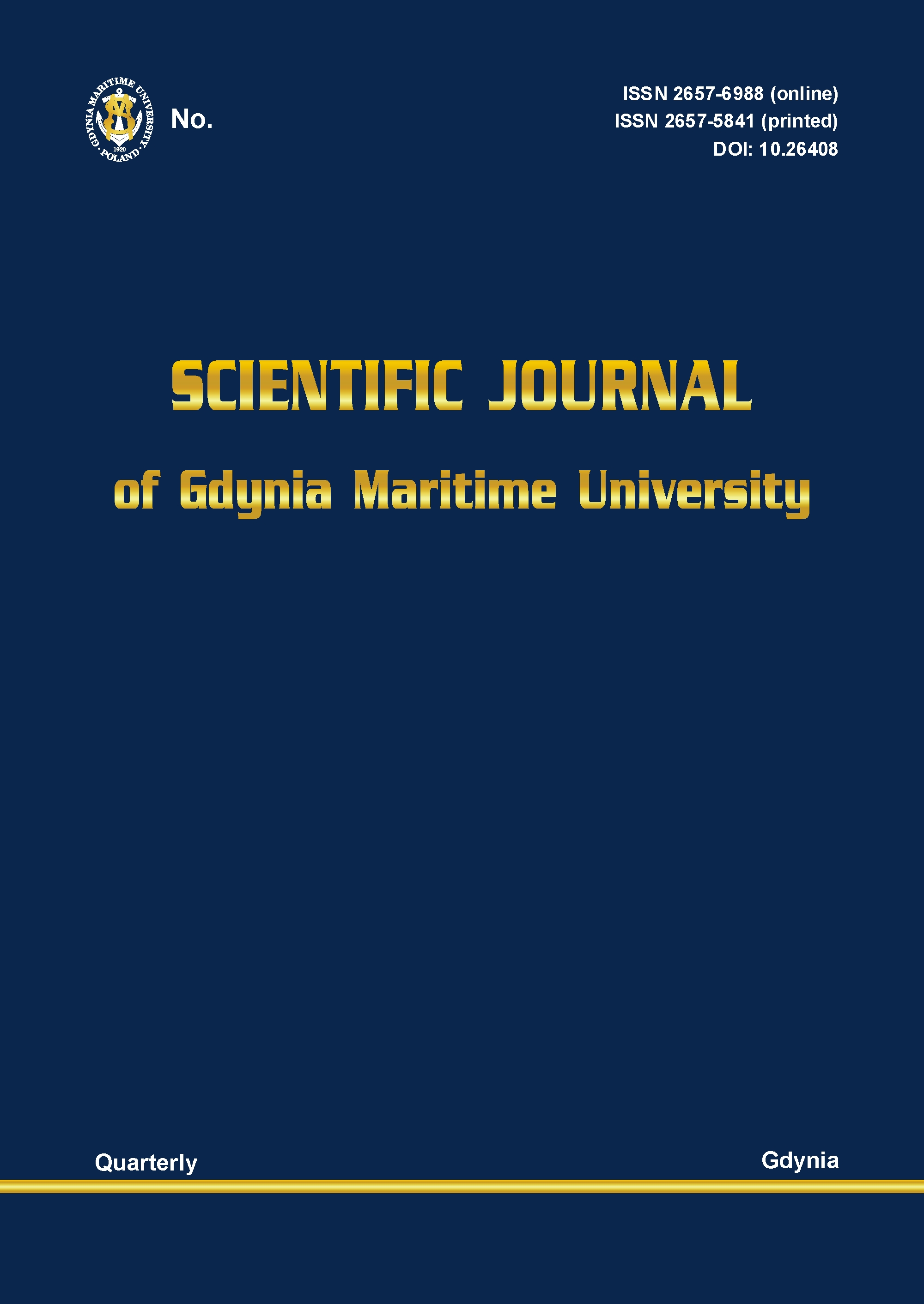abbr. SJ GMU
ISSN 2657-5841 (printed)
ISSN 2657-6988 (online)
DOI: 10.26408
122
The latest issue of Scientific Journal GMU contains articles covering a wide range of topics, primarily concerned with Management and Quality Science. The articles present management, engineering and technological research results, focused on service optimisation, food and non-food market innovations, as well as proper product management within the context of food waste. The issue contains publications by Polish authors from various research centres, as well as an article by a faculty member of a Turkish maritime university.
The first article proposes a method of optimising the process of school meal preparation, which may contribute to greatly reducing operating costs and increasing the effectiveness of resource management.
The next article focuses on analysing problems faced by ship operators and sailors during the COVID-19 pandemic.
The remaining articles are concerned with product innovations. The first of these analyses the feasibility of using quinoa as an ingredient in pasta production.
It presents the sensory and culinary advantages of quinoa-based pasta, and compares it with regular wheat-based products.
Another article presented in this issue deals with white shrimps. The research results described within indicate that peeling shrimps before storage contributes to reducing their microbiological contamination, which is an argument in favour of this method of storage.
The next article presents the results of an environmental impact assessment of a new polymer-based material at various stages of its life cycle. It was determined that modified synthetic PUR foam with natural fillers has a lower impact on the environment at the production stage in comparison to other types of foam.
The penultimate article focuses on the highly relevant issue of food waste.
It presents the theoretical aspects of the problem, as well as the results of an opinion poll analysing the food-related attitudes and behaviours of young people. The respondents proved knowledgeable and rational in their actions, which appears to be the result of the introduction of educational campaigns on food waste in Poland.
The current issue concludes with an article on consumer awareness of the use-by date as well as the terms 'best before' and 'use by'. These were analyzed in terms of whether the knowledge of these concepts influences the handling of food in relation to its type and use-by date.
All articles presented in this issue are interesting, and the issues they address are relevant and important for the development of their respective fields.
Agnieszka Rybowska

-
Pages:7- 21
-
Pages:22- 31
-
Pages:32- 45
-
Pages:46- 55
-
Pages:56- 67
-
Pages:68- 81
-
Pages:82- 92
